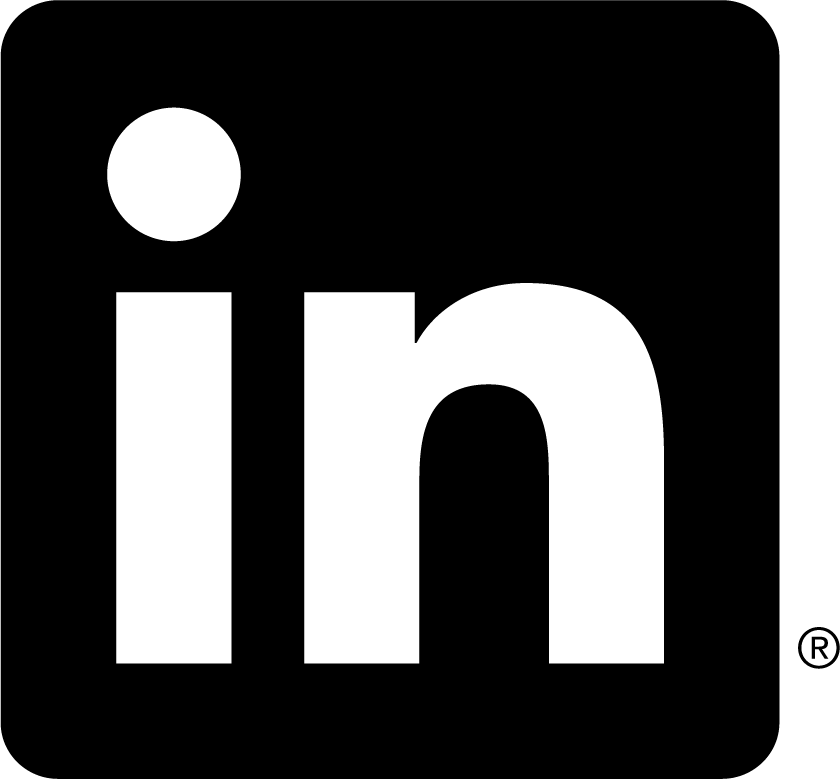On Tuesday, U.S. Trade Representative Jamieson Greer said whether the White House presses forward with a proposed 100% tariff on Chinese imports will depend on Beijing’s next move, signalling a conditional approach to what would be a dramatic escalation for global trade USTR statement.
Background: the threat follows Beijing’s new export licensing and controls on rare earths and related processing technologies — a move Washington and industry leaders say could choke supplies for chips, EV motors and defense systems. President Trump earlier announced plans to impose a 100% surcharge starting Nov. 1 if China doesn’t roll back its curbs announced by the White House.
Why it matters: a blanket extra tariff would effectively double duties on many products and raise consumer prices, feed inflationary pressures, and force companies to re‑route supply chains or absorb margin hits. Even the prospect of such a step has already produced sharp market swings and logistical planning among manufacturers and retailers.
Near term impact: policymakers can still de‑escalate by negotiating carve‑outs, phasing measures, or tying tariff activation to specific Chinese actions — which is what the USTR comment implies. For businesses, the risk right now is policy uncertainty: capex and inventory plans for Q4 will be adjusted not just for costs but for possible supply interruptions.







